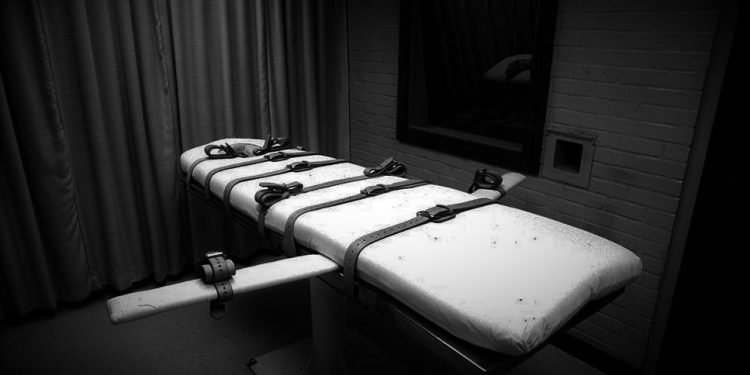According to the non-profit organization’s assessment, which does not support the death penalty, the executions were problematic due to ineptitude, a failure to follow protocol, or flaws in the protocols themselves.
Executions postponed in Idaho, Ohio, Tennessee and South Carolina because officials could not follow protocol.
According to Case Western Reserve University law professor and former death row attorney Michael Benza, the main cause of failed executions was “using a medical model of executions, lethal injection, but not utilizing medical people to carry it out.”
He stated, “They always lack the training to deal with situations.” Also, because those receiving the death penalty frequently have histories of poor health, including illness or drug use, starting IVs can be challenging.
The families of the victims, prisoners, other execution witnesses, and corrections staff shouldn’t have to go through the trauma of an execution gone wrong, Mr. Dunham said in a statement. “The states have proved, after 40 years, that they are unable to carry out fatal injections without the chance of mistake.”
According to the DPIC report, only six states still carry out executions in the US, maintaining the death penalty’s geographic isolation. Two of these—Texas and Oklahoma—were responsible for more than half of all executions.
The capital sentence is still legal in 27 US states, including three – California, Oregon, and Pennsylvania – that have requested a moratorium on executions.
Governor Kate Brown of Oregon commuted all 17 inmates on death row in her state’s prison system to life in prison without the possibility of release earlier this week.
She said in a statement that she was taking this action because the death sentence was “immoral,” not because these criminals had rehabilitated.
According to data, eight of the 18 people who received the death penalty in the US and killed were people of color. There were five black people, one Asian, one Native American and one Latino. A recent study found that more than a third of executions in the US this year were botched or highly problematic.
Seven of the 20 execution attempts, according to the Death Penalty Information Center (DPIC), were problematic or required excessive time.
The longest lethal injection in US history occurred in an event where executioners in Alabama installed an IV line for three hours.
Throughout the year, 18 people died in six different states.
That’s one of the lowest numbers in recent years is that. Robert Dunham, executive director of the DPIC, stated that “all the indicators point to the continued fall in the use of the death penalty.”
